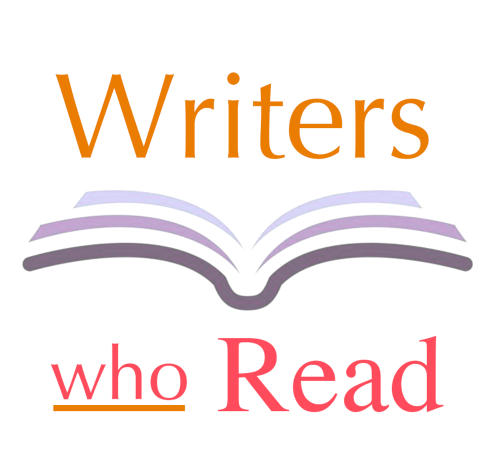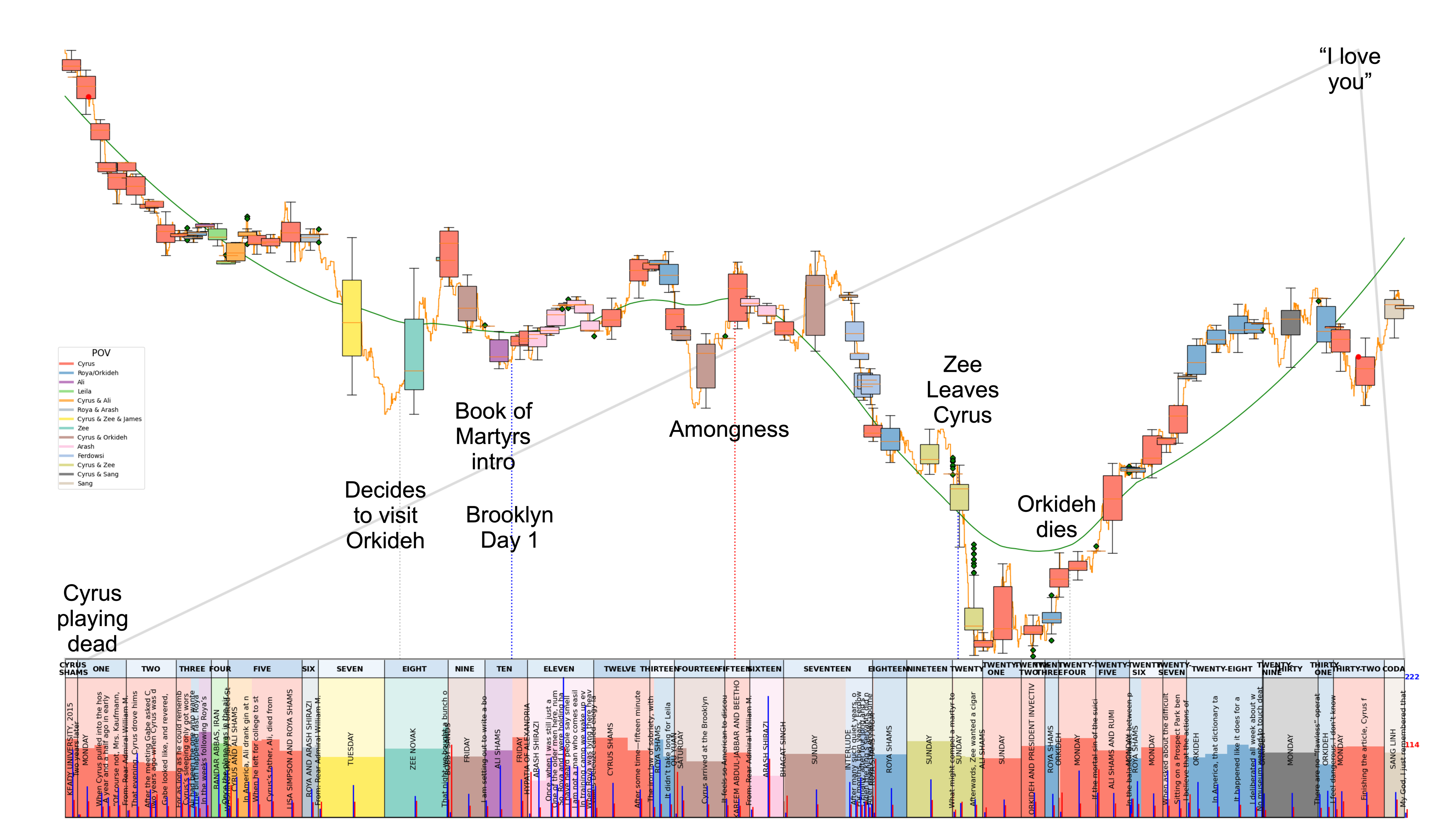Agenda
- Why We're Here / Roundtable Rules
- Introduction to Literary Forensics
- Group Discussion
- Further Study
Why We're Here
We writers want to improve our craft
by reading like a writer
We learn from each other
using Literary Forensics
Roundtable Rules
Always refer back to the book
Practice active listening & serendipity
Every feeling and observation is valid...
but not every conclusion
Always refer back to the book
Reading Teaches Writing
Meet today's author: Kaveh Akbar
- American poet Kaveh Akbar was born in Tehran, Iran, and moved to the US at age two. His father & all his uncles served in the Iranian army. In the US his father worked at chicken processing plants.
- Akbar credits his high school English teacher Mr. Henn and The Simpsons as his biggest literary and cultural influences.
- Published in the New Yorker, Paris Review, et al, Akbar is the author of two books of poetry, the chapbook Portrait of the Alcoholic, and is co-editor of Another Last Call: Poems on Addiction and Deliverance. Akbar is a recovering alcoholic-addict. Martyr! is his first novel.
- "I like to write early in the morning before I’ve done anything else, while my brain is still gummy with dream logic." Pounding coffee, Akbar writes everything by hand, preferably on a yellow legal pad, but really on whatever he can find. Procrastinates by walking his dog, Galilee.
- Edits on a computer. Drafts font: Calibri or Arial. Finished font: Garamond.
- First and foremost a poet, he cares about the space on the page.
- With degrees from Purdue, Butler, and Florida St., Akbar taught at Purdue and is now dir. of undergrad creative writing at U. of Iowa, living there with his spouse, writer Paige Lewis, Assistant Professor in Akbar's program.
"Poetry is probably closer to dance or statuary than it is to novel writing.
And I think the novel is closer to symphony or film."
— Kaveh Akbar
The English language has four kinds of sentences,
right? We have declarative, imperative, interrogative, and exclamatory. The two most common of those
are declarative and imperative. . . . Those are two very very certain forms of language, right, that
are just strutting around certain as roosters. . . . That's how we talk to each other. . . . Using
the English language to try to get to a place of sitting in uncertainty without groping desperately to
resolve it feels like a task for which the English language is uniquely ill-suited. And that really
interests me as an artist."
— Kaveh Akbar
"I'm a person in recovery. It's the least secret thing
about me. . . . I've been in recovery for ten years and change . . . I'm here playing with house
money, and I want to approach that with a spirit of service."
— Kaveh Akbar
What do you feel?
What in the book elicited that feeling?
Every feeling and observation is valid...
but every conclusion should be questioned
We practice serendipity
- nothing is too crazy
Always refer back to the book
What do you notice?

Writing Martyr!
- Began in 2018 with an idea to be present with someone who was dying (Orkideh) saying wise things, a la Mitch Albom's Tuesdays with Morrie.
- Akbar realized he had no narrative, so he created oppositional (countervalent) forces, and from this came Cyrus, who eventually became the protagonist.
- Also in 2018 Akbar met Tommy Orange when he gave a talk at Purdue University. They became fast friends, and immediately initiated their weekly Friday "band practice", in which they swapped pages. They began by sharing poems, then pages of their novels (Akbar: Martyr; Orange: Wandering Stars), then characters.
- Akbar reckons that Orange has read every page of Martyr! at least ten times in ten different drafts.
- Akbar also engaged in a crash course diet of narrative: "I was watching a movie a day and reading two novels a week through the course of writing this, as a way to stay suffused in these beats of storytelling."
- "The exclamation point [in the title] is a kind of martyr's punctuation . . . when you martyr yourself you go out in a staccato burst."
Stats & Background
- Marketing: LGBTQ+ Literary Fiction, LGBTQ+ Fiction, LGBTQ+ Family Life Fiction, Literary Fiction, Historical Literary Fiction, Family Life Fiction
- Genre: Present-Day Realistic Long-Form Archplot
- Print Pages: 352; Word count: 88,230
Reading Grade: 8th; Avg. wds/sent.: 12.5
Lexical Density: 50.51; Flesch Reading Ease: 71.76 - POV: 14; Person: 3rd & 1st; Tense: Past
- Publish date: January 23, 2024
- Publisher: Knopf
- Audio book length: (10 hours, 39 mins)
- Narrator: Arian Moayed
- Recognition: Shortlisted for the National Book Award, NYT Top 5 novel of 2024, NYT Best Seller, Time magazine must-read book of the year.
- "You're giving me the gift of your time,
and I owe you a measure of delight . . . delight means an encounter with something new,
an encounter with surprise. . . . I wanted to tell a story like the movies that I like."
— Kaveh Akbar

